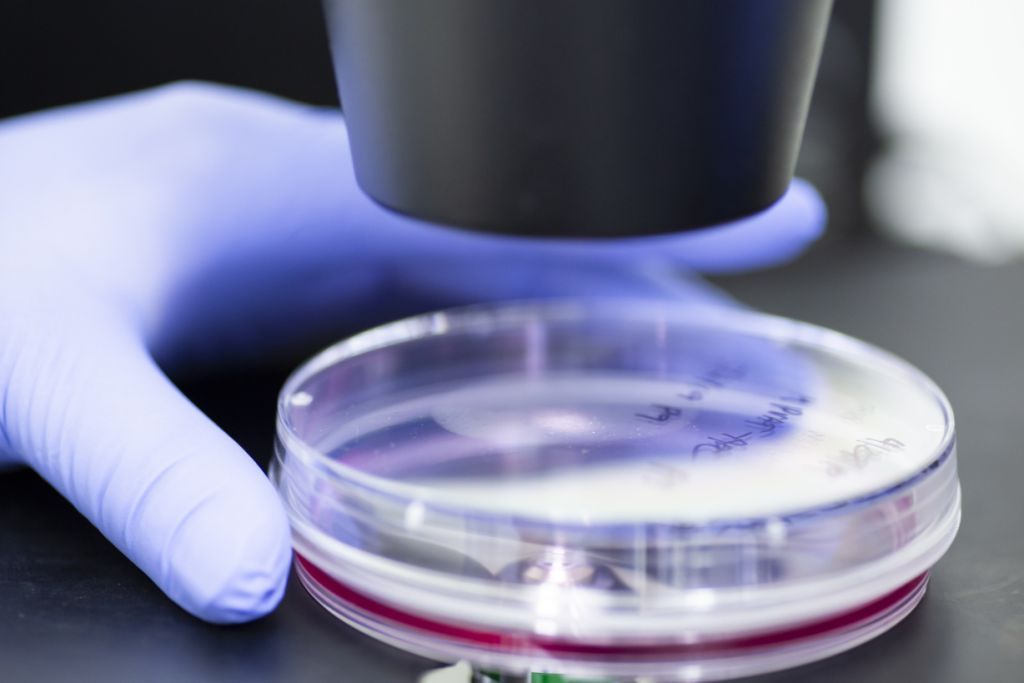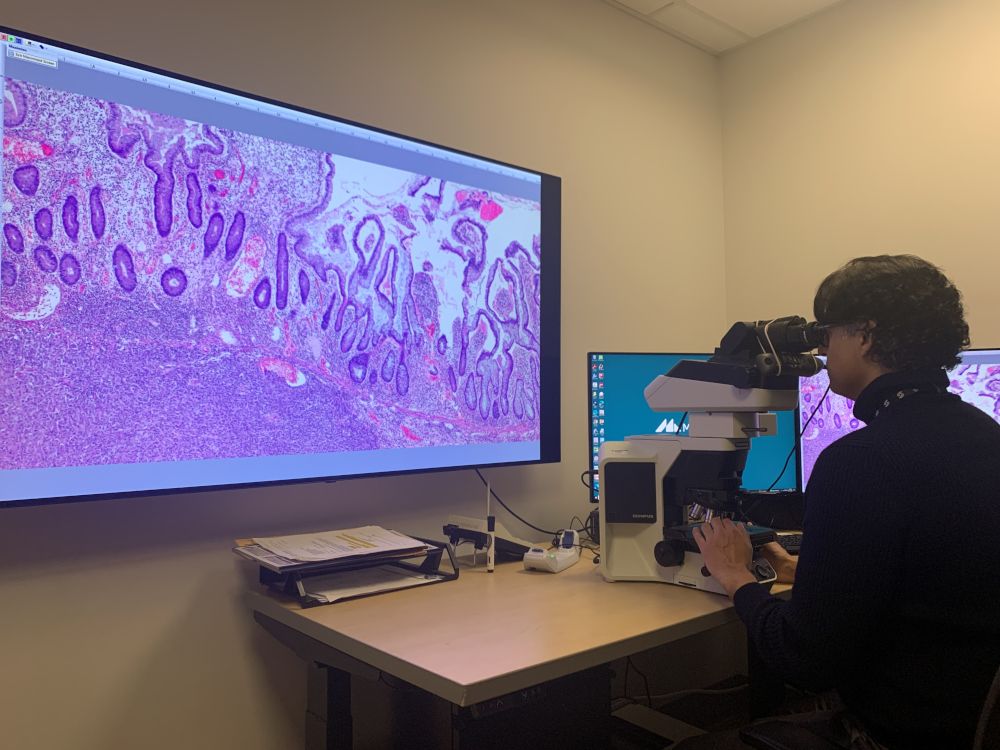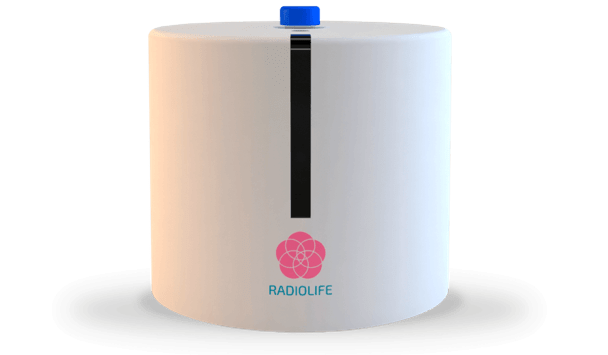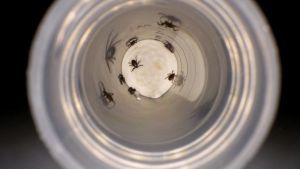The Center for Applied Science and Technology (CAST) provides the infrastructure and resources needed to facilitate scientific discovery and incorporate emerging technologies and new testing modalities into clinical diagnostics for improved patient care and outcomes.
CAST’s initiatives span a dynamic range of innovation and partnership, driving progress in microbiology and digital pathology through collaborative efforts that enhance diagnostic precision and operational efficiency. In parallel, our Research & Development collaborations—such as those with Radiolife and Kephera Diagnostics—focus on advancing product development and scientific discovery, reinforcing our commitment to transformative healthcare solutions.
See below for a closer look into a few of CAST’s initiatives and collaborations.
Clinical Innovation Initiatives
Focused efforts in microbiology and pathology transforming diagnostic workflows and outcomes.


R&D Collaborations
Strategic partnerships fueling innovation in diagnostics and therapeutic technologies.




